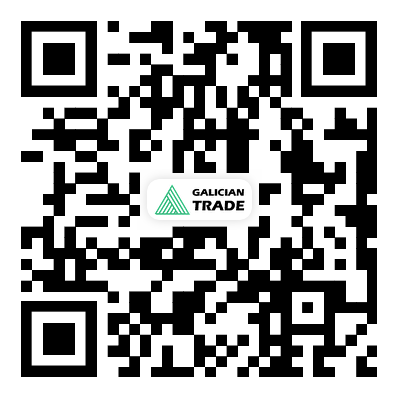The Essential Guide to Analog Radio Walkie Talkies: Everything You Need to Know
2025-02-14
When it comes to reliable communication over short to medium distances, analog radio walkie talkies continue to be a popular choice. Whether you're hiking in the wilderness, working on a construction site, or coordinating with a team at a large event, these handheld devices remain essential tools for clear, direct communication.
What is an Analog Radio Walkie Talkie?
An analog radio walkie talkie, often referred to simply as a "walkie talkie," is a portable, handheld device that transmits and receives radio signals on specific frequencies. Unlike digital radios, which use complex encoding and signals, analog radios send signals in a continuous wave format. This makes them less prone to digital glitches but still provides a reliable connection for those needing quick, efficient communication.
Key Features of Analog Radio Walkie Talkies
1. Simple and User-Friendly
Analog walkie talkies are known for their simplicity. With minimal buttons and straightforward controls, they are ideal for users of all ages and technical abilities. Most models feature a push-to-talk button, volume control, and a frequency dial to tune into the desired channel.
2. Long Battery Life
One of the standout features of analog walkie talkies is their extended battery life. Many models are designed to last up to several days on a single charge, making them an excellent option for long-term use during outdoor adventures or extended shifts.
3. Durability
Many analog radios are built to withstand harsh conditions, which is why they are often used in construction sites, emergency services, and rugged outdoor environments. These radios are typically dustproof, waterproof, and shock-resistant, ensuring that they continue to function even in difficult situations.
4. Range
While the range of an analog radio walkie talkie can vary based on terrain, weather, and the specific model, most offer reliable communication within a range of 1-5 miles. High-end models may offer up to 20 miles or more, ideal for larger operations or rural areas.
5. No Monthly Fees
Unlike cell phones or satellite devices, analog radio walkie talkies don’t require a subscription or service fees. You simply purchase the device, and you're ready to communicate.
Why Choose an Analog Walkie Talkie?
1. Cost-Effective
For many users, one of the main advantages of analog radios is the cost. They are typically much more affordable than digital models and offer great value for their reliability and durability.
2. Clearer Audio
While digital radios have their advantages, analog radios often deliver clearer, more consistent audio in areas with weak signals. This is especially important in outdoor or industrial settings where a stable connection is vital.
3. Easy Communication
For those who don’t need all the advanced features of digital radios, analog walkie talkies provide a simple solution. With a straightforward push-to-talk function, there’s no need for training or complex setups.
4. Less Susceptible to Interference
While digital radios rely on complex coding systems, analog radios often experience less interference from other devices in crowded environments. This means fewer dropped signals and more reliable communication in busy areas.
Applications of Analog Radio Walkie Talkies
- Outdoor Activities
For outdoor enthusiasts, from hikers to campers, an analog walkie talkie can be a lifesaver in emergency situations. Whether you're trekking through the woods or navigating a remote mountain trail, being able to communicate with fellow adventurers or rescuers can make a significant difference.
- Construction and Industrial Use
In environments like construction sites, warehouses, and factories, clear communication is key for safety and coordination. Analog walkie talkies allow workers to stay in contact with each other without relying on smartphones or more complex equipment.
- Security and Event Coordination
Whether managing a large event, providing security, or coordinating team efforts, analog walkie talkies are essential tools. They provide a quick and efficient way to relay messages without distractions, ensuring everything runs smoothly.
Final Thoughts
Analog radio walkie talkies may be a simpler form of communication, but their reliability, durability, and affordability make them an indispensable tool in many industries. Whether you’re venturing into the wild, managing a team, or ensuring safety at an event, an analog walkie talkie can provide the crucial link you need for effective communication.
If you're in the market for a walkie talkie, it's essential to choose one based on your specific needs—range, durability, battery life, and simplicity are key considerations. With the right analog radio walkie talkie, you can enjoy clear, dependable communication no matter where your activities take you.


